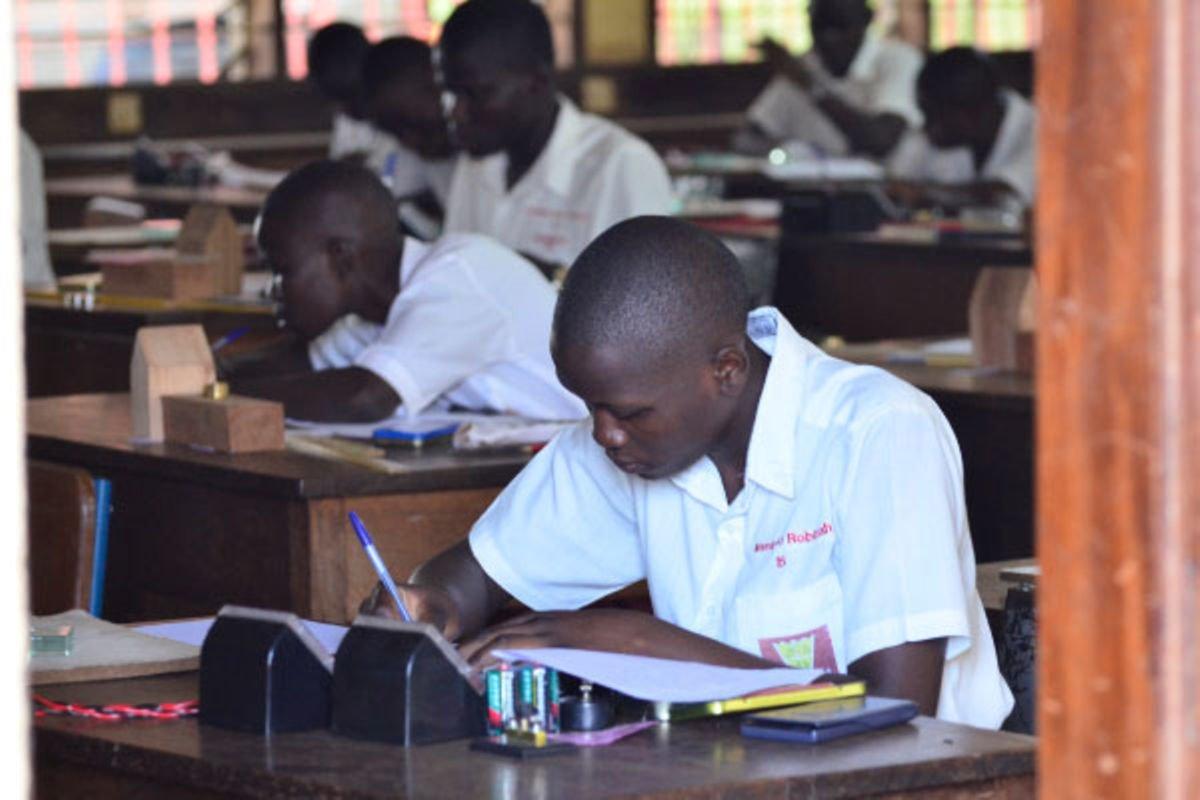Africa-Press – Uganda. Yesterday we reported that Uwezo, an education-focused non-governmental organisation, has proposed reforms to the Education Policy Review Commission it believes if implemented by the government, will turn around the education sector. Among these recommendations was that the Ministry of Education should consider reducing the long cycle of primary education from the current seven years to six years.
According to Uwezo, this would be a way of maximising resources, especially available classrooms and reducing the number of adolescents and over-age children in primary schools, for whom post primary schools offer a more suitable culture.
Other recommendations include public subsidies for pre-primary education, and reduction of the teacher: pupil ratio from more than 100 pupils to one teacher in most government primary schools to the government’s target of 1: 55, in addition to using volunteer teachers. (See Uwezo wants P.7 phased out, Daily Monitor of October 19, 2022).
While Uwezo’s recommendations are good and timely, they will only remain so if they are not seriously considered and used to effect policy change. The recommendations are data-based and should, therefore, be a good guide for policy makers.
Other stakeholders should now be called upon to debate these recommendations in view of either adopting them into policy or tweaking them to suit the actual needs of our present and future learners.
A section of our education system must be revised to suit the needs of the ever changing times because yesterday’s solutions might not necessarily solve today’s problems. Unfortunately, there still remain a number of gaps and redundancies in our system that are costing us in more ways than one.
Luckily, this can be remedied. Hopefully, this is not the last we hear of these and past recommendations made in regard to our education system.
And to reiterate the words of Commission chairperson, Col (rtd) Amanya Mushega, many things have changed in the education sector, the wide society of Uganda and globally and this necessitates the review of the 1992 Education Policy to respond to emerging education needs, trends and stimulate innovation in the sector.
For More News And Analysis About Uganda Follow Africa-Press






